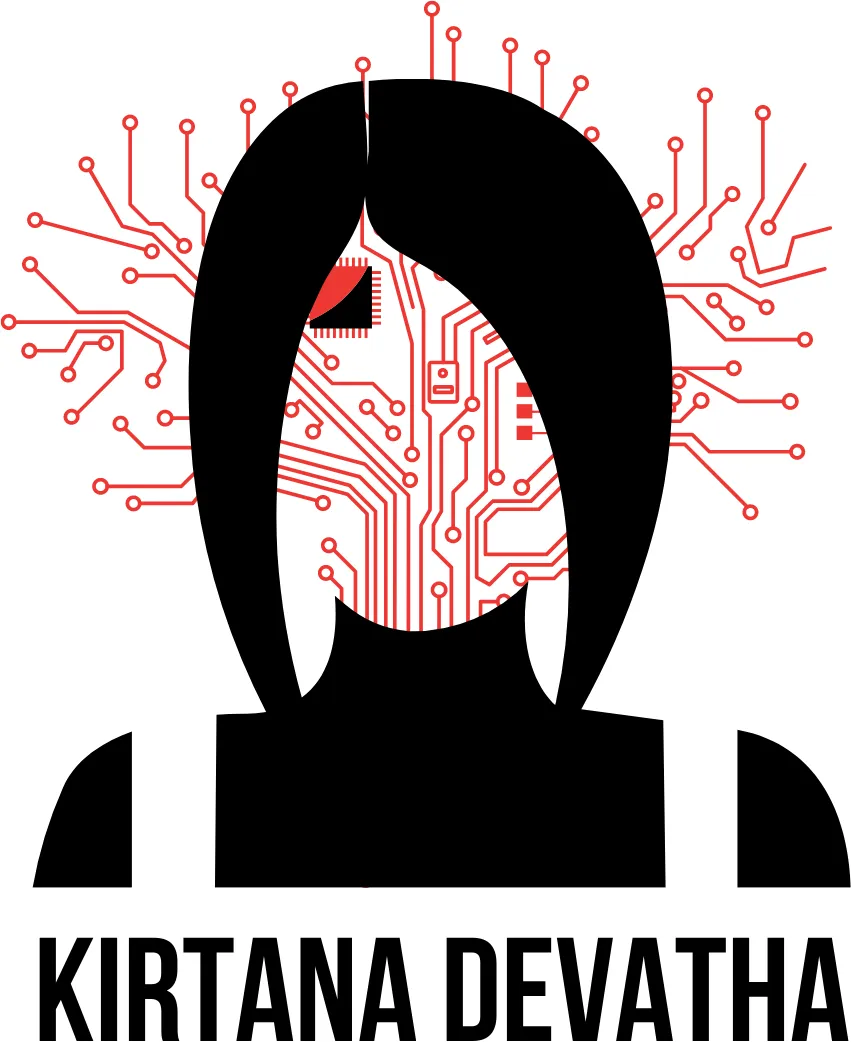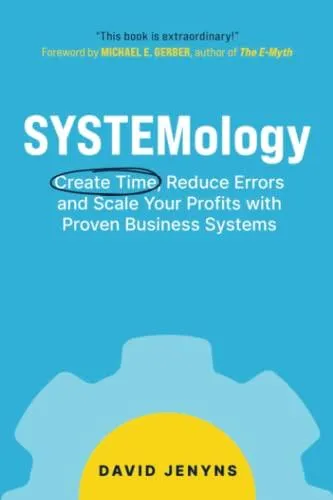1 (555) 234-5678




Unleashing Potential with Systemology: Key Takeaways for Visionaries and Business Owners from the book Systemology by David Jenyns
Introduction
From the outset, successful businesses are often built on a visionary idea, steered by an innovative mind. However, visionaries often confront a paradox. Their creative spirit drives them to make substantial impacts on their businesses and society at large, yet they tend to be mired in the everyday operations of their companies, which might limit their potential. Here is where 'Systemology' steps in, providing a solution for business owners to create systems that promote efficiency and autonomy.
Systemology, a concept presented by David Jenyns in his book 'SYSTEMology: Create time, reduce errors and scale your profits with proven business systems,' is a practical approach to business operations, primarily centered around creating and implementing systems for better business performance. This blog post aims to outline the key takeaways from Systemology and discuss their application to visionaries and business owners.

1. Importance of Systems in Business:
Systemology underscores the vital role of systems in businesses. Every business, regardless of its size or industry, is essentially an interplay of numerous systems - marketing, sales, production, delivery, customer service, and more. The efficiency and effectiveness of these systems largely determine the business's success. As a visionary or a business owner, it's crucial to understand this systemic structure and learn to optimize it.
2. Emphasize Delegation:
The idea that the business owner should be the heart of every system is a myth that Systemology debunks. Instead, Jenyns advocates for delegation, empowering teams to take ownership of different systems. This frees the visionary from operational tasks, allowing them to focus on ideation and strategic growth. Delegation, however, necessitates clear communication, trust, and effective systems to guide team members.
3. Systemization is a Process, Not a Project:
Systemology teaches us that systemizing a business isn't a one-off project, but an ongoing process. It's about creating a culture that embraces system thinking, continuous improvement, and iterative learning. A visionary needs to instill this culture, encouraging their teams to constantly look for ways to refine and optimize systems.
4. Critical Client Flow (CCF):
One of the most valuable tools in Systemology is the concept of Critical Client Flow (CCF). It encourages business owners to identify and systemize the critical steps a client goes through from discovering the business to availing its services or products. Optimizing this flow improves customer experience, enhances operational efficiency, and drives business growth.
5. Documentation and Automation:
Documenting systems is key to replication and scaling. It also paves the way for automation, one of the most significant advantages of systemization. Automation reduces errors, saves time, and allows for a higher level of consistency in delivering products or services. Visionaries can use the time and resources saved through automation to focus on broader business strategies and innovation.
6. The Seven-Step Systemology Process:
Jenyns presents a seven-step process to implement Systemology effectively: Define, Assign, Extract, Organize, Integrate, Scale, and Optimize. Following these steps can help establish a solid foundation for systems, ensuring they serve the business's goals and can be improved over time.
Conclusion
In conclusion, Systemology offers a practical and effective method for visionaries and business owners to step back from the day-to-day operations of their business and focus on their core competency - creating, innovating, and leading. By embracing the concepts of systemization, they can foster a culture of efficiency, scalability, and continuous growth in their businesses. Systemology thus holds the potential to transform not just a business's operations but its very ethos, driving it towards sustainable success.
Trained by Ravi Abuvala and Raj Dua of 'Scaling with Systems'
Trained by Cat Howell and team of Digital Distillery in 'The Academy'




